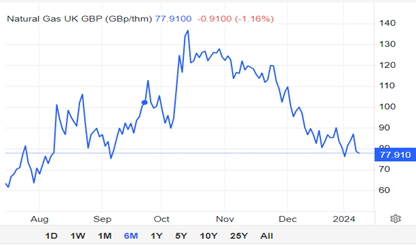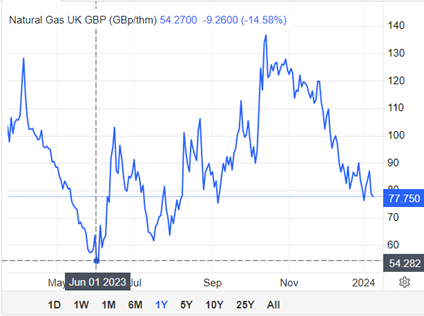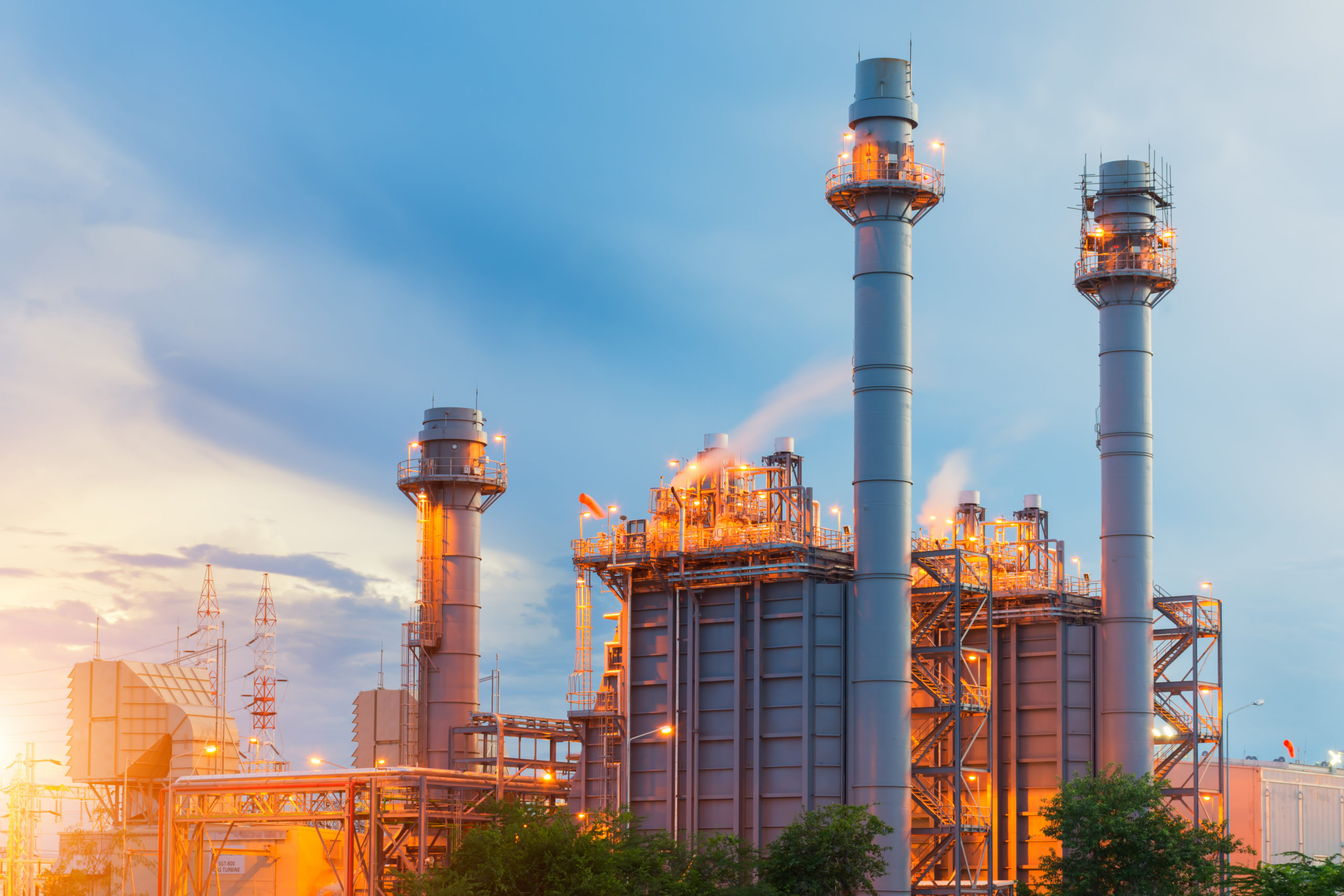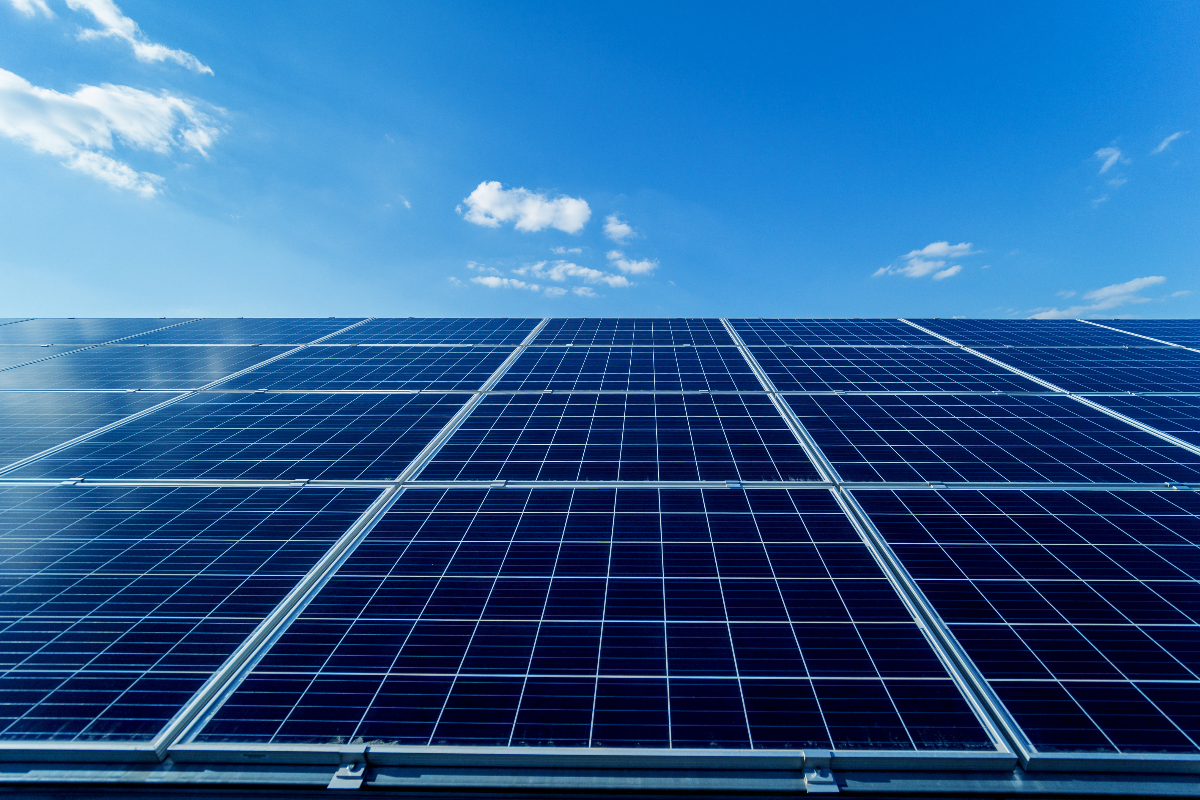Exploring How Geopolitical Events Shape Energy Market Trends
Check out our LinkedIn for live updates
The dynamics of the global economy exert a profound influence on energy markets, with myriad factors shaping the intricate balance between supply and demand for gas and electricity.
The intricate interplay of geopolitical events, conflicts, and economic conditions can send ripples through the energy markets, affecting futures prices and, consequently, impacting consumers who engage in forward energy purchasing. Understanding the complexities of these interactions is essential for comprehending the volatility and fluctuations within energy markets.

Wars and their impact on energy market prices
Over the past two years, the world has witnessed the substantial impact of geopolitical events on energy prices. Wars, while disruptive in themselves, can have far-reaching consequences on energy supply chains. A poignant example is the Nord Stream 1 and 2 pipelines transporting gas from Russia to northern Germany. The underwater explosions near Saint Petersburg in Russia on September 26, 2023, caused massive leaks, leading to a peak in wholesale gas prices for a February 2024 contract. The Nord Stream 1 pipeline alone supplied 59.2 billion cubic meters of gas to Europe in 2021, and with Nord Stream 2 expected to export 110 billion cubic meters, Russia played a crucial role in Europe’s energy security. The disruption in supply resulted in a significant spike in prices, underscoring the vulnerability of energy markets to geopolitical events.
The impact of the Israel-Palestine conflict on energy prices
Similarly, the Israel-Palestine conflict in early October triggered a notable surge in energy prices. Chevron’s decision to shut down gas production at a major offshore platform contributed to concerns about potential gas shortages, leading to increased prices. Simultaneously, the threat of strike action from liquefied natural gas (LNG) workers in Australia added to the anxieties, as it could have disrupted 7% of the global LNG supply. These instances highlight how geopolitical conflicts, whether through direct impact on supply infrastructure or indirect consequences, can swiftly reverberate through energy markets, affecting prices and stability.

Outages, leaks, the global economic landscape and its impact on energy market prices
However, it’s not only conflicts that can catalyse sharp market movements. In June, a rapid and unexpected increase in energy prices occurred due to an extended outage at key gas plants in the Netherlands. This outage disrupted supply chains, emphasising how unforeseen events within the energy infrastructure itself can have profound effects on market dynamics.
Beyond geopolitical considerations, the global economic landscape plays a pivotal role in shaping energy markets. The state of economies worldwide dictates the demand for natural gas over extended periods. China, as the third-largest global consumer of gas, consumes a substantial 364.6 billion cubic meters per year. The interplay between economic conditions and energy prices was evident in late 2022 and early 2023 when energy prices remained high while China grappled with the effects of COVID-19. The pandemic-induced slowdown led to lower demand for industry, retail, and hospitality in China, contributing to a relative stabilisation of energy prices. A booming Chinese economy during this period could have exacerbated gaps in supply, further intensifying price volatility.

To Conclude…
In conclusion, the intricate web of geopolitical events, conflicts, and global economic conditions collectively shapes the energy markets. The vulnerability of supply chains, disruptions in infrastructure, and the interconnectedness of economies on a global scale underscore the complexity of factors influencing energy prices. As businesses and consumers navigate the energy landscape, a nuanced understanding of these multifaceted dynamics is crucial for making informed decisions and mitigating the impact of market fluctuations.
Stay in the know and follow our LinkedIn page!
Contact us
Want to futureproof your business, but not sure where to start? Our team of experts are on hand to help your business work towards its sustainability goals. Contact Flame Energy today to learn more about how we can support your business.





